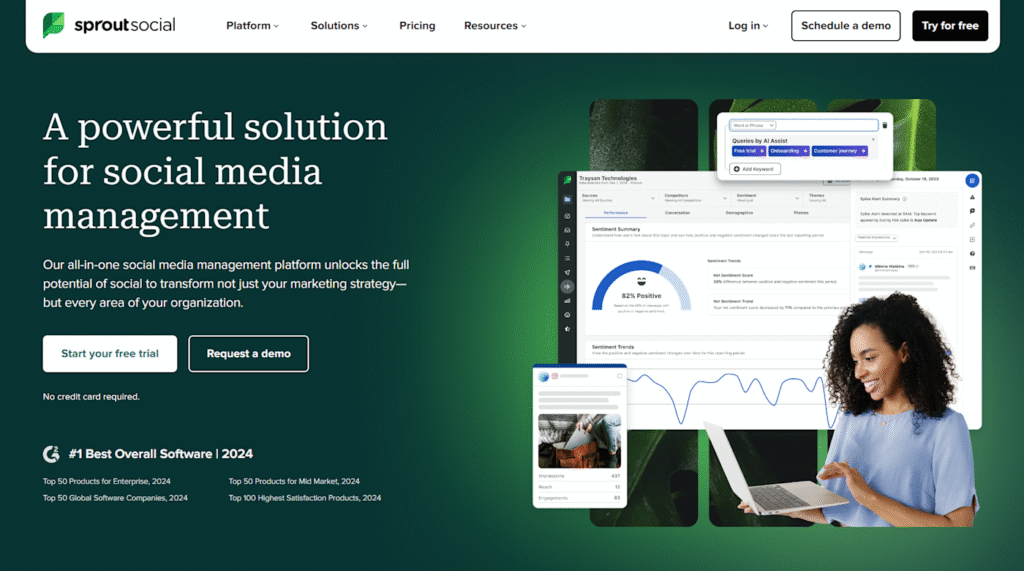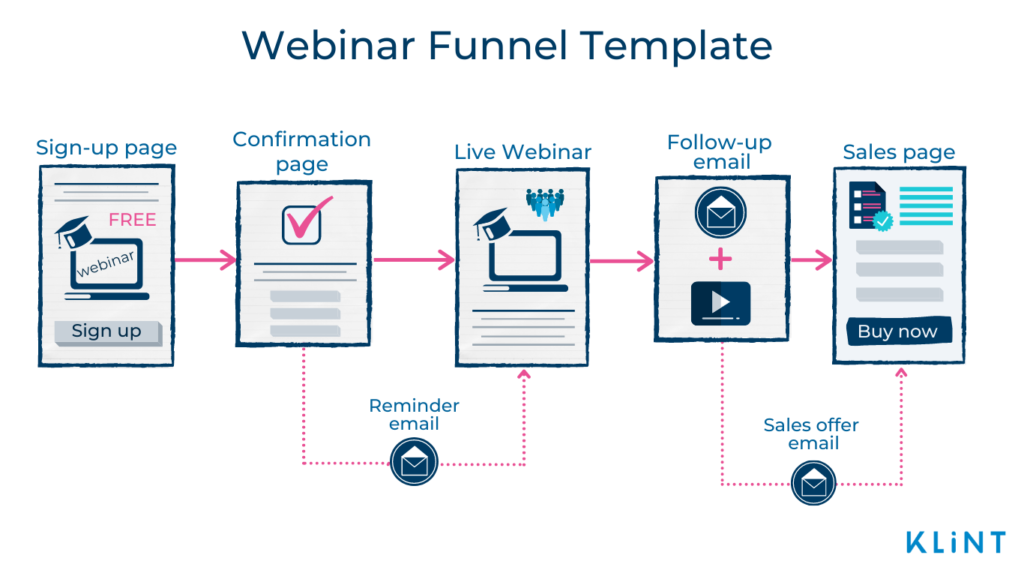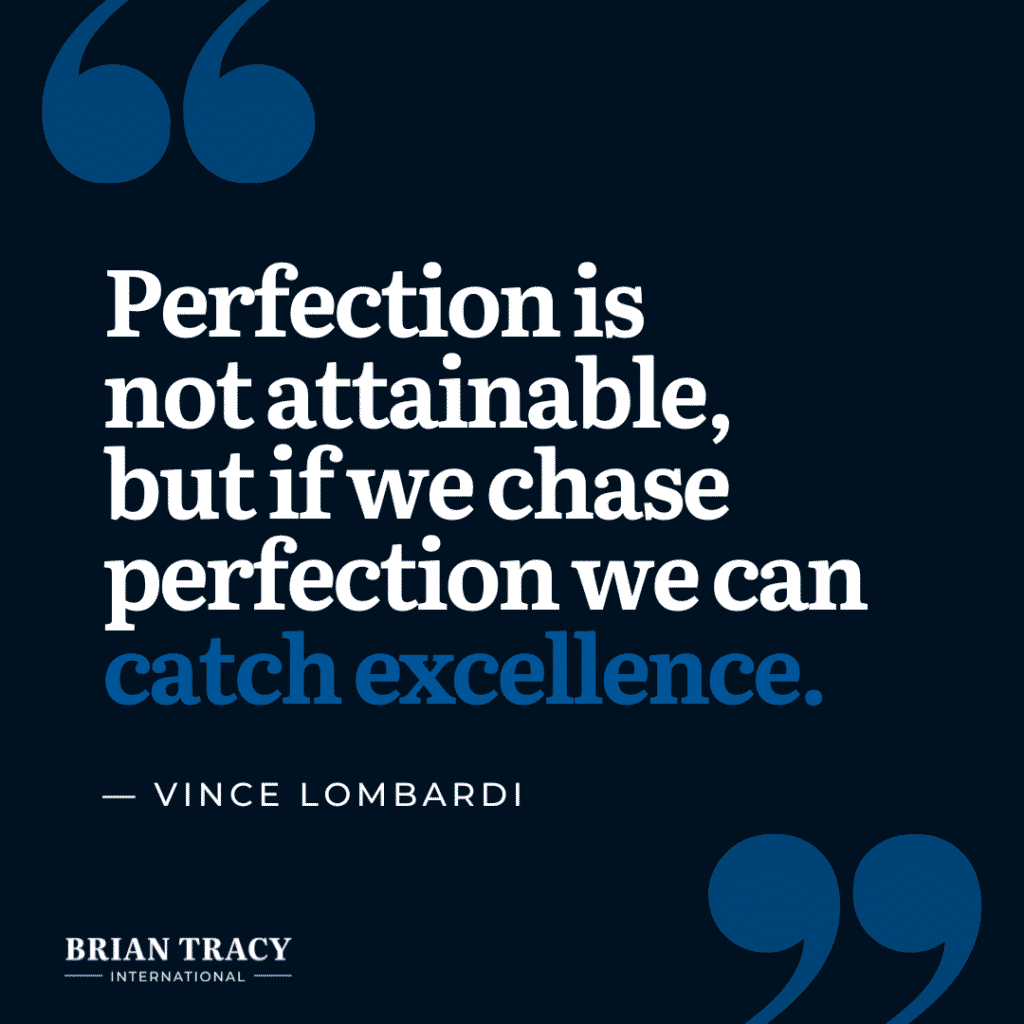Disclosure
This post contains affiliate links. If you click and buy, I may receive a small commission at no extra cost to you. Thanks for supporting our website!
Focus Keyword: how to become a online coaching
In the age of digital transformation, online coaching has emerged as a powerful career path for professionals passionate about teaching, mentoring, and empowering others. Whether you want to help people improve their health, career, mindset, or academic skills, becoming an online coach offers flexibility, financial independence, and global reach.
If you’re wondering how to become a online coaching expert, this comprehensive guide will walk you through every essential step—helping you launch, market, and grow your coaching business in the digital world.

1. Understand What Online Coaching Involves
Before diving into this career, it’s vital to understand what online coaching really means. Online coaching is the process of guiding, instructing, or mentoring individuals or groups through digital platforms such as Zoom, Skype, or coaching apps.
Coaching can be niche-specific, including:
- Life coaching
- Health & wellness coaching
- Executive or career coaching
- Business coaching
- Academic or tutoring services
- Fitness coaching
Coaches provide structured sessions, often one-on-one or in groups, and help clients achieve specific personal or professional goals.
2. Choose Your Coaching Niche
If you want to succeed in learning how to become a online coaching professional, selecting the right niche is key. Your niche determines your ideal audience, marketing strategy, and content approach.
- What am I passionate about?
- What expertise do I have that others seek?
- Who is my ideal client, and what problems can I solve?

Examples of high-demand coaching niches:
- Mindset or confidence coaching
- Weight loss or fitness coaching
- Business strategy or marketing coaching
- Relationship or dating coaching
- Productivity and time management coaching
3. Gain the Necessary Skills and Certifications
While not always required, having a certification in your coaching field can boost your credibility and trustworthiness. If you’re truly serious about how to become a online coaching expert, consider investing in reputable training programs.
Some respected organizations include:
- International Coaching Federation (ICF)
- Institute for Professional Excellence in Coaching (iPEC)
- Health Coach Institute (HCI)
- Tony Robbins Coaching Certification
Additionally, strengthen your soft skills:
- Active listening
- Empathy
- Effective communication
- Time management
- Conflict resolution

4. Set Up Your Online Coaching Business
Once you’ve honed your skills and identified your niche, it’s time to officially launch your online coaching business.
Here’s a checklist to get started:
- Choose a business name: Make it relevant and easy to remember.
- Buy a domain and build a professional website.
- Set up a booking and payment system (e.g., Calendly, Stripe, PayPal).
- Create a coaching agreement/contract for clients.
- Decide your pricing (hourly, packages, or subscriptions).
Make sure your website includes:
- About You page
- Services and pricing
- Testimonials or case studies
- Blog (for SEO)
- Contact page

5. Build Your Personal Brand
To attract clients online, your personal brand must shine. Branding is more than logos and colors—it’s about your message, values, voice, and the transformation you promise your clients.
Tips to enhance your brand:
- Use consistent colors, fonts, and messaging across all platforms
- Post educational content regularly on social media
- Share client testimonials and success stories
- Start a YouTube channel or podcast
- Write guest posts or blog articles
Remember, people don’t just buy coaching—they buy you as the coach.
6. Market Yourself Effectively
Marketing is an essential part of how to become a online coaching business owner. You can’t just build a website and hope people find you.
Here are effective marketing strategies:
- Content marketing: Blog posts, YouTube videos, podcasts
- Social media marketing: Instagram, LinkedIn, TikTok
- Email marketing: Offer a lead magnet (free guide or checklist) to build an email list
- Webinars and live sessions: Showcase your expertise in real time
- Paid ads: Facebook or Google Ads can drive targeted traffic

7. Deliver Exceptional Coaching Services
Once you’ve signed clients, your focus should shift to delivering impactful coaching experiences.
Key practices:
- Conduct an in-depth onboarding session
- Use tools like Trello or Notion to track progress
- Record sessions (with permission) for client reference
- Assign homework or exercises between sessions
- Provide regular feedback and encouragement
Happy clients often become long-term clients or refer others to you.
8. Collect Testimonials and Build Social Proof
One of the biggest assets in your online coaching journey is social proof. Testimonials, success stories, and before-and-after transformations play a major role in client decision-making.
Ways to gather social proof:
- Ask clients for short video or written testimonials
- Share screenshots of feedback from emails or messages
- Showcase milestones clients have achieved
9. Scale Your Coaching Business
Once you’ve established a steady client base, you can scale your business beyond 1:1 sessions.
Scalability options include:
- Group coaching programs
- Pre-recorded courses
- Membership communities
- E-books and digital products
- Licensing your coaching framework to others
Scaling helps increase income while reducing time constraints.
Final Thoughts: Your Path to Becoming an Online Coach
Understanding how to become a online coaching expert means more than just having knowledge. It’s about translating your passion into structured services, building a personal brand, marketing effectively, and delivering transformation to your clients.
The online coaching industry is booming, but success depends on your dedication, authenticity, and the value you provide. If you’re ready to help others while achieving financial freedom and flexibility, there’s no better time to begin.

Frequently Asked Questions (FAQs)
Q1: Do I need a certification to start online coaching?
No, but it helps build credibility. Some clients may prefer certified coaches depending on the niche.
Q2: What tools do online coaches use?
Popular tools include Zoom, Google Meet, Calendly, Notion, PayPal, and Kajabi or Teachable for courses.
Q3: How much can online coaches earn?
Income varies by niche and experience. Some beginner coaches earn $1,000/month, while experienced ones can make $10,000+/month.
Meta Description (for SEO):
Discover how to become a online coaching expert with this step-by-step guide. Learn how to choose your niche, market your services, and grow your coaching business online.


